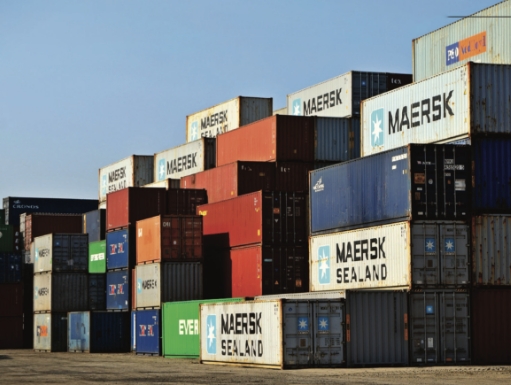Industrial Market Review
The industrial market has remained resilient across Africa, supported by different government initiatives to boost the sector. Some of these initiatives include a reduction in land acquisition costs and investments geared towards improving transport and energy infrastructure, as is the case in Egypt. In general, inadequate or poor transport and energy infrastructure continue to act as a significant drag on the expansion of the sector.
The logistics sector continues to enjoy heightened demand. Occupiers continue to gravitate towards high-quality warehouses, which remain in short supply. With limited stock options, developers are rapidly mobilising around the continent, but a significant deficit remains.
On the investment front, the appetite for industrial stock remains strong, with investors attracted to the sector’s strong income profile and positive market fundamentals, namely rising urbanisation levels, especially in countries such as Nigeria, South Africa, Kenya, and Egypt.
Government policies, infrastructure development, and the expansion
of e-commerce are the primary growth drivers for the industrial sector across Africa. An apparent increase in competition for international investment has sparked a wave of new government- led industrial policies around the continent, which has also led to a boom in the number of special economic zones (SEZs), with some of the latest additions being the Golden Triangle Economic Zone (GTZone) in Egypt, the Tshwane Automotive Special Economic Zone in South Africa and of course The Kano Economic City.
Demand for quality warehouses in Lagos and Abuja continues to rise against a backdrop of limited supply, which has driven average warehouse lease rates to about US$ 5 psm from US$ 4 psm in 2019 and 2020.
Demand is being predominantly driven by domestic logistics companies seeking to expand their geographic coverage across the country. However, there is a general scarcity of these high-quality warehouses, which presents a clear opportunity for investors interested in this sector. However, as outlined above, poor transport and energy infrastructure remains a barrier for many investors as well as international occupiers eyeing up the Nigerian market.
Away from logistics businesses, requirements from e-commerce entities is also rising. In particular, these e-commerce businesses are seeking facilities to house more substantial inventories, product returns, and associated last-mile logistics .
Finally, Nigeria is also making tremendous progress in improving its ICT infrastructure, which is boosting demand for data centres. For instance, Lagos State government has invested in the development of new data centres as it works to position itself as a leading data centre hub. Lagos Free Zone has also recently partnered with Main One to expand and improve its fibre optic network infrastructure.




